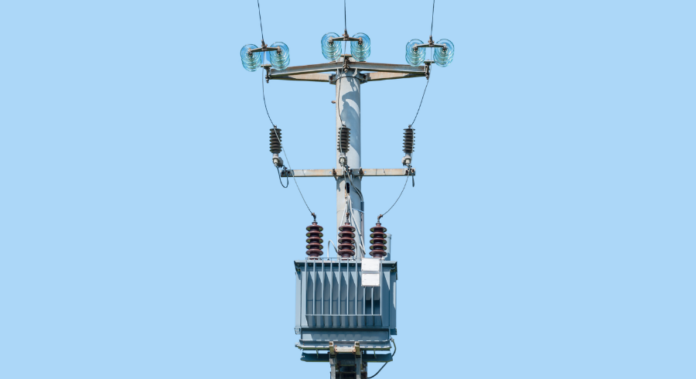The Asian Development Bank (ADB) has highlighted persistent weaknesses in Pakistan’s power sector, noting that poor governance, lack of transparency, and ineffective regulatory frameworks continue to hinder the financial and operational performance of power distribution companies (Discos), Business Recorder reported.
According to sources in the Ministry of Economic Affairs, the observations were made during a recent ADB mission’s review of the sector’s challenges. The Bank found that despite reform claims, Discos remain dependent on limited government and donor financing due to their inability to secure commercial borrowing.
The ADB’s findings come as the Power Division transitions from the Pakistan Electric Power Company (PEPCO) to the Power Planning and Monitoring Company (PPMC), which critics describe as a placement ground for retired officials receiving high salaries. Sources said senior executives at the new company, including those previously deemed ineligible for key roles, were appointed on packages of up to Rs3 million per month.
The report underscored that chronic issues — including high transmission and distribution losses, poor collections, and weak oversight — have left Discos financially unsustainable. Their poor financial performance and limited accountability have prevented them from attracting private investment, resulting in underfunded operations and unreliable power supply.
The ADB noted that while demand for electricity continues to grow, grid management has become more complex due to the rising use of distributed renewable energy systems, such as rooftop solar. Despite frequent fines imposed by the National Electric Power Regulatory Authority (NEPRA) for poor performance, Discos often challenge or delay payments in legal forums.
The Bank identified the absence of modern ICT systems as a key obstacle to improving efficiency and customer service. It recommended deployment of Advanced Metering Infrastructure (AMI) and Supervisory Control and Data Acquisition (SCADA) systems to reduce losses, improve billing accuracy, and enhance grid management.
According to the ADB, implementing SCADA could enable predictive maintenance and real-time monitoring, but it requires phased planning and significant investment. The Bank also emphasized that load-shedding and outages remain widespread, citing data from the Lahore Electric Supply Company (LESCO), where consumers faced an average of two outages per month lasting 4.8 hours in FY2023.
The report further warned that rapid expansion of rooftop solar and electric vehicle charging infrastructure poses new challenges for grid stability, including voltage fluctuations, transformer overload, and energy storage shortages. Addressing these issues, the ADB concluded, will require large-scale modernization, digital monitoring, and investments in advanced protection and storage systems.




